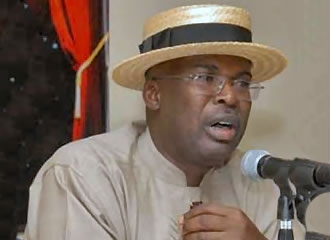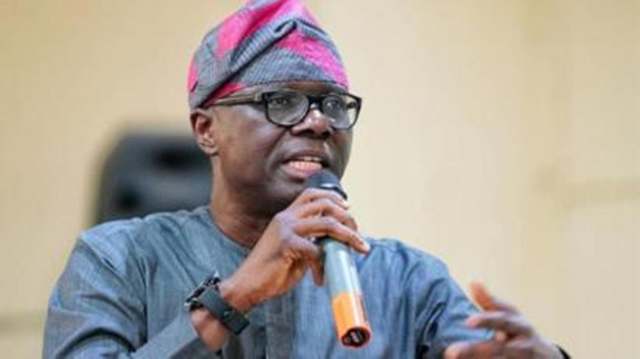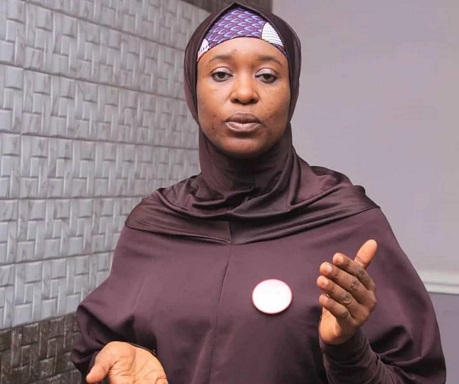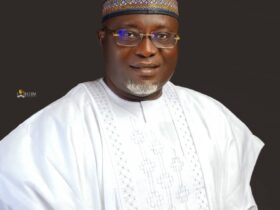It has been revealed that Lagos State Governor, Babajide Sanwo-Olu will borrow a staggering N350 billion to fund the 2023 budget.
The revelation was made on Thursday after the governor presented a budget of N1.69 trillion to the State House of Assembly for approval for the 2023 fiscal year.
The budget is deficit and to be financed by borrowing, which is pegged at N350 billion.
Currently, Lagos’ domestic debt as at June 2022, according to the Debt Management Office (DMO) stands at N797,305,312,602.53, while the foreign debt stands at 1.27 billion US Dollars (N555.828bn).
This pegged the state’s total debt profile in the region of N1.35 trillion.
However, in presenting the 2023 budget tagged: ‘Budget of Continuity,’ the governor said it comprised a Total Revenue of N1,342,670,649,640 and Deficit Financing of N350,000,000,000.
The budget comprises total Internally Generated Revenue (IGR) of N1,108,435,649,640 and Total Federal Transfer of N234,235,000,000.
Sanwo-Olu added that the budget has a recurrent expenditure of N759,958,569,792, comprising Total Overhead Cost of N403,653,328,479; Total Personnel Cost, N247,295,312,088 and Recurrent Debt Service, N109,009,929,224.
The N403,653,328,479 Total Overhead Cost is broken down into Overhead, N221,957,283,661; Subvention, N93,501,258,220 and Dedicated, N88,194,786,596.
The 2023 budget has a Capital Expenditure of N932,712,190,102, comprising capital expenditure, N670,134,079,150 and Repayment, N262,578,110,952.
“The budget size is made up of recurrent expenditure of N759,958,569,792 (45%) and capital expenditure of N932,712,190,102 (55%).The deficit financing shall consist of external and internal loans and bonds which are well within our fiscal sustainability parameters,” Sanwo-Olu said.
In the sectoral breakdown, Economic Affairs has the highest budget of N339,482,825,430 which represents 20.06 percent of the budget, while General Public Service came second with N308,363,331,313, representing 18.22 percent of the budget. Education came third with N153,445,318,140 (9.07%) while Health came next with N67,358,643,068.











